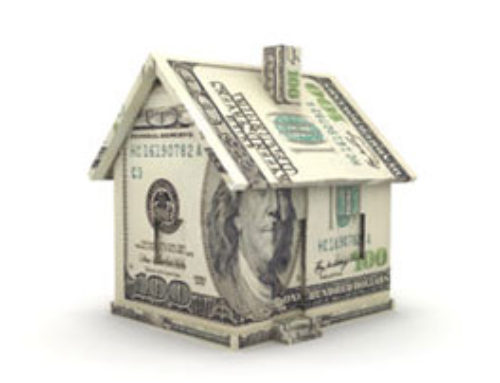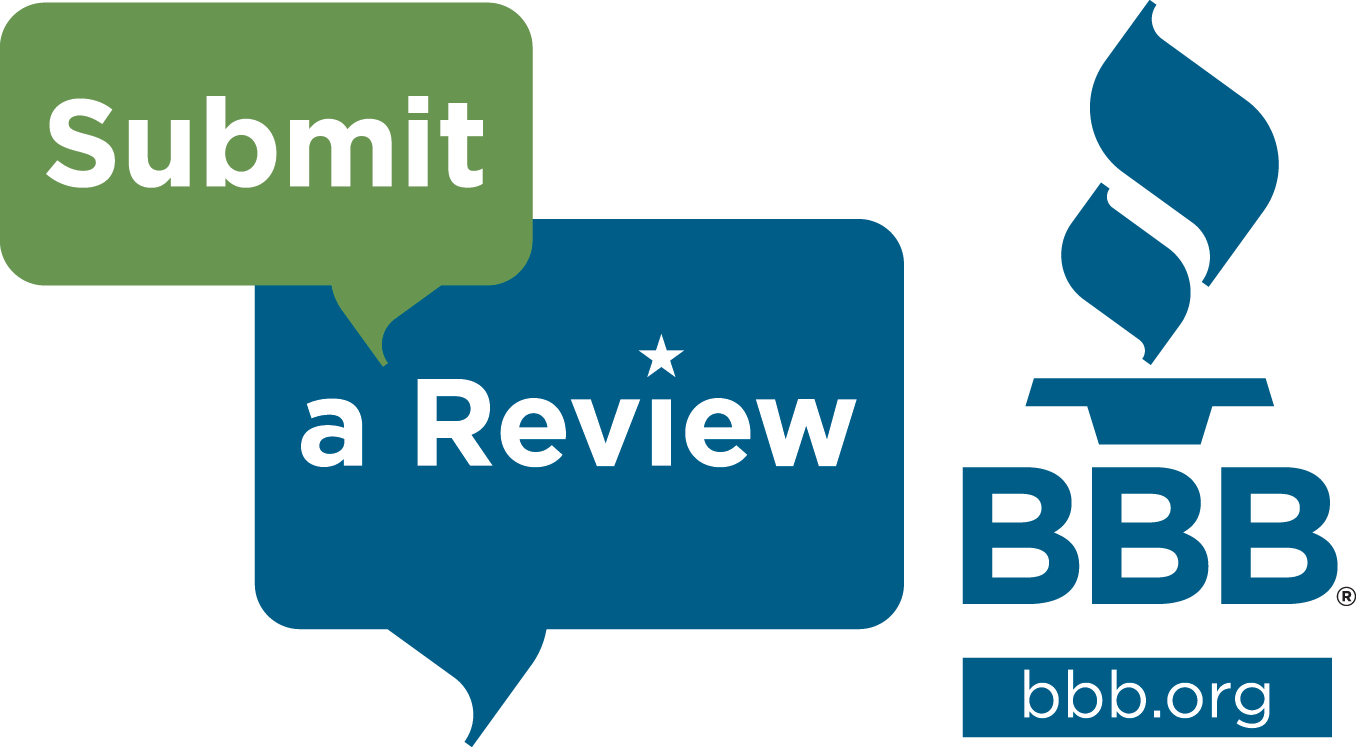7 Common Mortgage Questions
1. What can I afford?
An important first step in the home buying process is to determine how much house you are able to afford. Many people skip this step and start looking at homes before they have a true understanding of what they can actually afford. Use our calculator to estimate how much you can afford. To save time and prevent the potential heartbreak of falling in love with a house that’s out of your price range, you can also get pre-qualified or pre-approved before you start home shopping. Contact us to get started.
2. What’s the difference between pre-qualification & pre-approval?
Pre-Qualification
A mortgage pre-qualification is an estimate of how much the lender thinks you could be eligible to borrow based on your basic financial information. This can help you determine a price range for the homes you should be looking at, but pre-qualification does not guarantee you will get a loan. The lender is only showing you the loan amount that they believe you could be approved for if everything checks out.
Pre-Approval
A pre-approval gives you a more accurate estimate of how much house you can afford. You will need to complete an official mortgage application and provide the lender with more detailed information. The lender will look at your credit report and assess your current debt-to-income ratio to pre-approve you for a specific loan amount. Getting pre-approved also lets the seller and real estate agent know that you’re serious about buying a home.
3. What if my credit’s less than great?
If your credit is less than perfect, you have a few options. You can work to build up your credit and hold off on buying a home until your credit has improved. You can find tips on how to improve your credit score before you apply for a mortgage here. about Another option is to apply for a Federal Housing Administration (FHA) loan. An FHA loan is a mortgage that is insured by the Federal Housing Administration. FHA-insured loans are less risky for lenders, allowing them to offer more lenient qualification standards. Because FHA loan programs offer easier qualifying guidelines than many other loan types, they can be a good option for borrowers who have poor credit or who may not have the funds to make a large down payment.
4. What do I need to take with me when I apply for a mortgage?
When considering a borrower for a home loan, lenders typically look at four factors: income, debt, down payment and credit history. To apply for a mortgage, you will need to provide a lot of information and documentation to the lender for evaluation. Having the following with you when you visit your lender can help speed up the application process.
Personal Information
• Photo ID
• Proof of Social Security number (copy of SS card or W2 statement)
• Residence addresses for the past two years
• Copy of green card, if not a U.S. citizen
Employment
• Pay stubs (past 30 days)
• Names & addresses of each employer (last two years)
• W-2s (last two years)
• Tax returns: 2-year returns are required for the self-employed
Banking
• Three months of statements for: bank accounts, mutual funds and investment accounts
• Large deposits: explanation and source of deposit. If deposit was a gift you need: signed gift letter, copy of gift check and copy of deposit receipt.
Property Information (if in contract)
• Purchase agreement
• MLS sheet and legal description
• If you already sold your current home: need copy of settlement agreement
• If you are currently selling your home: need copy of listing contract
• Value of personal property and furniture
Business owner (own 25% or more of business)
• Corporate / Partnership tax returns
Self-employed
• Last two years of tax returns (with all pages and schedules)
• Profit and Loss statements (for current year) prepared by an accountant
• K1’s for last years for all S-Corps
Retired
• Pension award letter
• Social Security award letter
Rental Property
• Current rental agreements and tax returns (last two years)
• Child support as income
• Need copy of divorce settlement
• Need copies of cancelled child support checks (12 months)
Divorced
• Copy of divorce decree
• VA Loans
• Report of Separation and copy DD form 214
Debt information
• Info needed on all current loans: names, addresses, account numbers, monthly payments and balances (typically found by pulling credit report).
• Credit report irregularities: credit inquiries (last 90 days), late payments, collections, judgments, liens and charge-offs
• Bankruptcies (if filed within last 7 years): copy of bankruptcy papers
5. What does my mortgage payment include?
A mortgage payment is made up of four main components: Principal, Interest, Taxes, and Insurance (PITI).
Principal: The original amount of the loan.
Interest: This is the cost charged for borrowing money. The amount of interest for the month is calculated based on the outstanding principal balance. As the term of the mortgage proceeds, the ratio between the principal and interest amounts shifts in each payment. As the principal balance is paid off, the interest payment goes down.
Taxes: Your property taxes are assessed by the county you live in. Property taxes are typically collected as part of your mortgage payment and put the into an escrow account until the bills are due.
Insurance: Payment for homeowner’s insurance to cover damage to your home or property. Like your taxes, homeowner’s insurance is often paid for as part of the mortgage payment and put into an escrow account. You pay 1/12th of the annual premium each month, and your lender then pays your insurance company once each year.
6. What are closing costs?
Closing costs are fees related to services that must be performed to complete a home loan. These costs are over and above the amount you borrow for a mortgage and the down payment. When you close on a mortgage, you will also owe the lender and third parties closing costs. Typically, the home buyer is responsible for paying closing costs, but there are exceptions on some loans. Closing costs typically include things such as:
- A fee for obtaining a credit report
- A Loan origination fee – the amount the lender charges for processing loan paperwork
- Legal fees
- Charges for home inspections
- Appraisal fee
- Survey fee – the cost to verify property lines
- Title insurance – this protects the lender if the title isn’t clean
- Title search fee – the cost for a background check on the title to make sure there aren’t unpaid mortgages or tax liens on the property
- An escrow deposit
- A recording fee – The cost to record the transaction in the city or county’s records
- Underwriting fee – covers the cost of evaluating the loan application
7. What is the difference between a fixed rate mortgage and an adjustable rate mortgage (ARM)?
When deciding on the right home mortgage, it helps to understand the difference between the two major mortgage types: fixed rate and adjustable rate. With a fixed rate mortgage, the interest rate remains the same for the life of the loan. The interest rate is set when you take out the loan and will not change, regardless of how interest rates change in the marketplace. One of the benefits of a fixed rate mortgage is that your monthly payment will remain the same even if your principal and interest rates change. The interest rate on an adjustable rate mortgage can go up or down. Initially, many ARMs will start at a lower interest rate than fixed rate mortgages. So in the beginning, your mortgage payments could be lower with an ARM. However, after this introductory period ends, your interest rate unlocks and adjusts periodically, meaning your monthly payment may increase.













